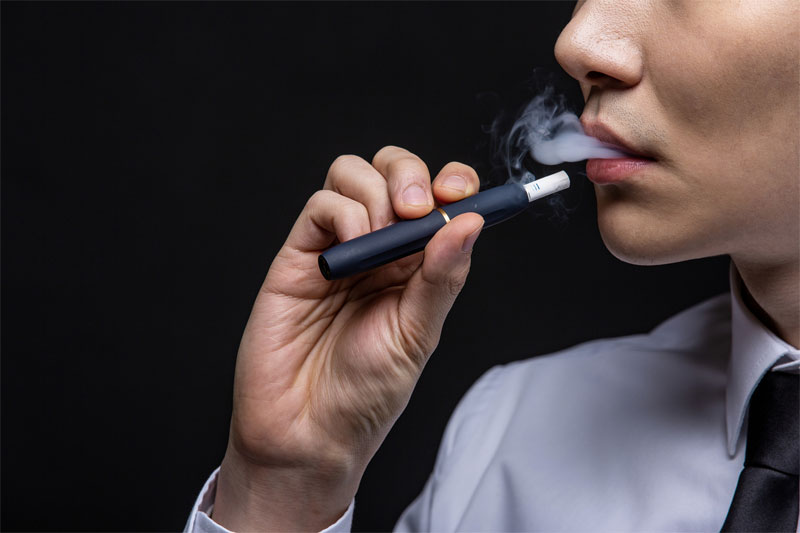Current Legal Status of E-Cigarettes in Singapore
In Singapore, the law is clear: e-cigarettes are considered prohibited products. This ban encompasses the sale, advertisement, and even the possession of electronic cigarette devices. The aim of these regulations is to prevent the initiation and uptake of vaping among the population, especially the youth. As a result, anyone caught importing or selling e-cigarettes faces severe penalties, including hefty fines and even potential jail time.
Why Has Singapore Banned E-Cigarettes?

There are multiple reasons why Singapore has chosen to enforce such stringent measures against e-cigarettes. One of the primary reasons is public health. The government has taken a stance that the potential risks of vaping—and its unknown long-term effects—outweigh any benefits touted by proponents. By maintaining a ban, Singapore aims to safeguard its citizens from what it perceives as a health threat.
Enforcement and Penalties
The Singapore authorities monitor and enforce the e-cigarette ban vigorously, thanks to extensive surveillance measures at points of entry into the country. Customs and police regularly conduct checks, and those found in possession of such items might face penalties. For individuals caught selling or importing e-cigarettes, fines can be as high as SGD 10,000 and could include imprisonment for up to six months for first-time offenders.
Repeat offenders should note that penalties increase with subsequent offenses, potentially doubling initial punishments, underscoring the harsh penalties Singapore has put in place.
Public Reaction and Health Implications
The public response is mixed; while some praise the government’s precautionary approach to public health, others criticize it, pointing out that alternatives like vaping might help smokers reduce or quit traditional cigarette consumption. Despite debates, Singapore maintains its zero-tolerance stance on the matter, reflecting a commitment to a smoke-free future.
Comparisons with Global Trends
Globally, e-cigarette regulations vary widely. Some countries embrace vaping as a smoking cessation tool, while others mirror Singapore’s prohibitive stance. Thus, if traveling to Singapore or through countries with similar regulations, it’s paramount to remain informed about local laws to avoid legal troubles.
- Is the prohibition likely to change? Singapore’s government continually reviews its policies based on new research but has shown little indication of relaxing e-cigarette laws.
- Can tourists bring e-cigarettes into the country for personal use? No, even tourists are subject to Singapore’s laws and face penalties if caught in possession.
- Are there any safe alternatives provided by the government? Singapore promotes smoking cessation programs and resources offering nicotine replacement therapies approved by the health department.

